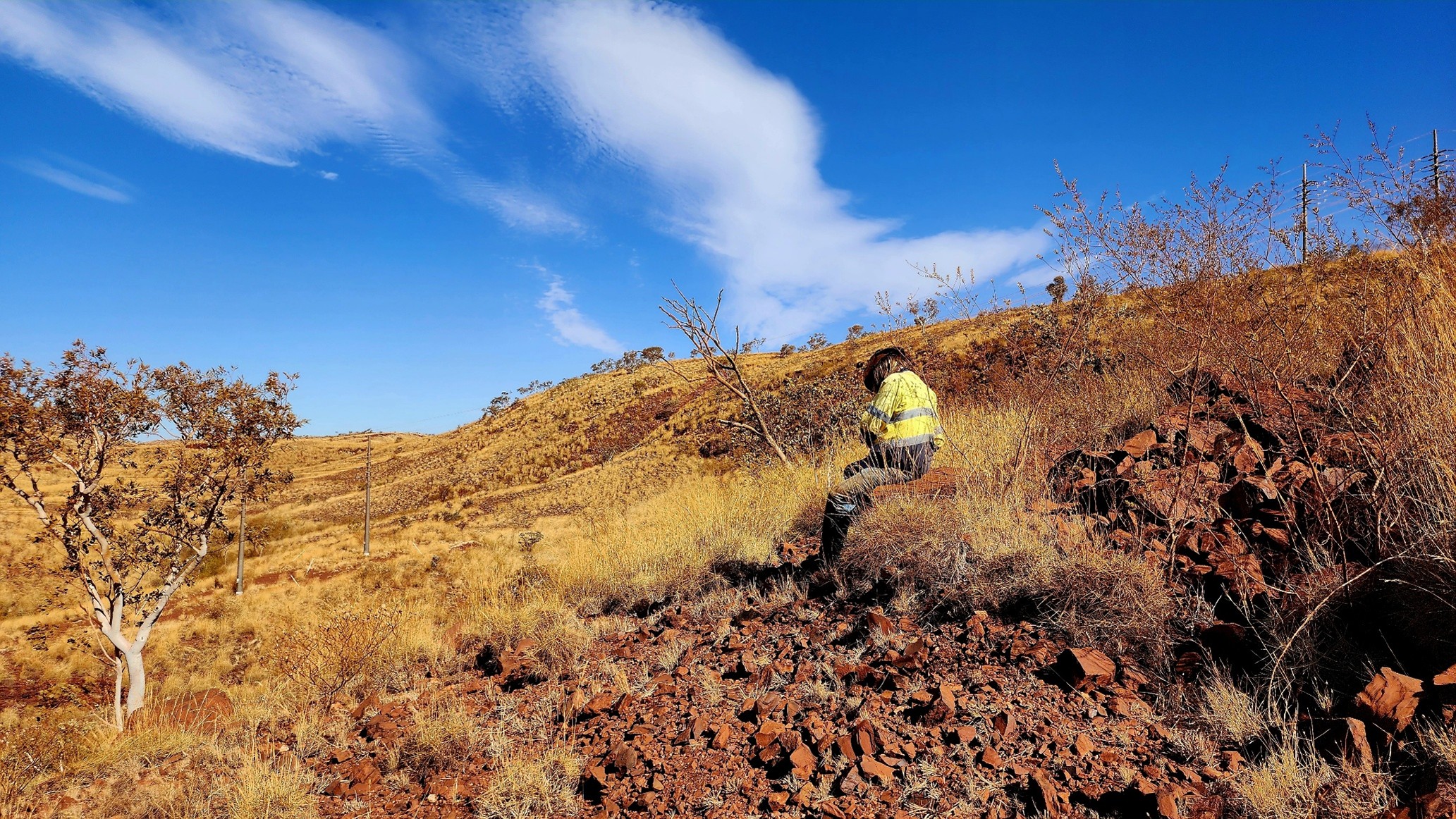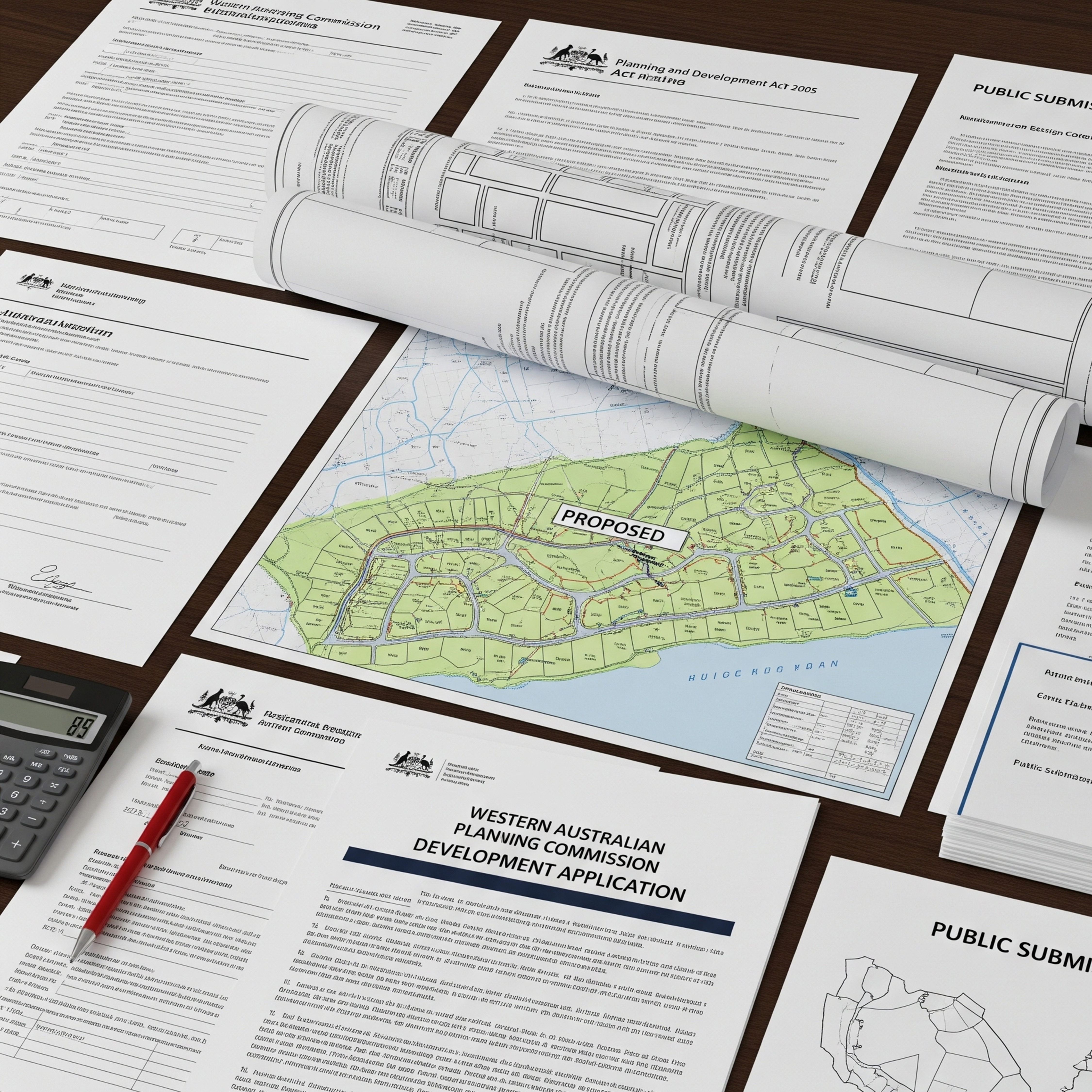We will continue to work with groups all over Western Australia to ensure the protection and detailed recording of heritage and Indigenous culture. This includes continuing promoting heritage surveys and providing heritage advice where necessary.
A desktop assessment will continue to be done through Department of Planning, Lands and Heritage's Aboriginal Heritage Inquiry System, although it will now be deemed part of a necessary due diligence assessment. An introduced part of the due diligence assessment will be the requirement to consult “Knowledge Holders” (those with appropriate knowledge of the proposed project area and the cultural heritage that encompasses it). These consultations are a large part of how heritage advisors can aid in guaranteeing complete transparency.
Cultural Heritage Management Plans will also become a major part of heritage projects and ensure that heritage will be managed appropriately. Prepared by a heritage professional, a CHMP includes results of an assessment of the potential impact of a proposed activity on Aboriginal cultural heritage. It outlines measures to be taken before, during and after an activity in order to manage and protect Aboriginal cultural heritage in the activity area.
Over the next year (2022) DPLH will undergo the Co-design process that will eventually develop more detailed procedures and guidelines to follow under the new legislation so you can expect to see many changes and adaptations over the next year or so.
Ensuring that your heritage professional has an understanding of the new legislation and how it can affect a project will safeguard the protection of heritage for future generations.
Head to our updated webpages to read more about how Trace Archaeology will adapt to the new heritage legislation and follow us to keep updated.
To learn more about Trace Enterprises and their expertise as leading Heritage Consultants for in all things heritage and archaeology, don't hesitate to contact us today.







.JPG)
















